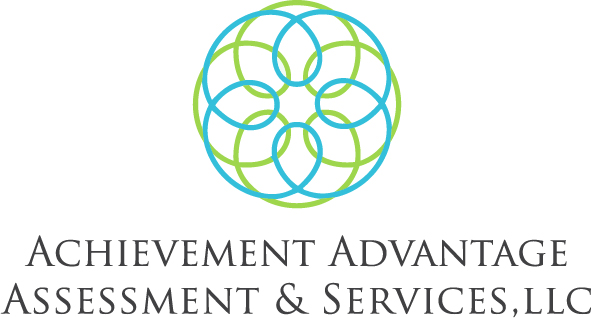If you and your child’s educational team suspect that they have a reading disability, the team will conduct an Evaluation Team Report (ETR) to determine if the student meets the definition of a student with a disability, as outlined in the Individuals with Disabilities Act (IDEA). In this step, the team will also have to decide which disability category is most appropriate based on the results of the ETR. Should the data support that your child has a reading disability, they would qualify under the category of Specific Learning Disability.
Specific Learning Disability has been defined by the Ohio Department of Education as:
“a disorder in one or more of the basic psychological processes involved in understanding or in using language, spoken or written, that may manifest itself in the imperfect ability to listen, think, speak, read, write, spell, or to do mathematical calculations, including conditions such as perceptual disabilities, brain injury, minimal brain dysfunction, dyslexia, and developmental aphasia. Specific learning disability does not include learning problems that are primarily the result of visual, hearing, or motor disabilities, of intellectual disability, of emotional disturbance, or of environmental, cultural, or economic disadvantage.”
The Specific Learning Disability category is further broken into more detailed parts based on which exact skills the evaluation shows as an area of need. In the case of reading, your child may qualify under basic reading skills, reading fluency, and/or reading comprehension.
When we look back at our last blog about the five main areas of reading, we can see that they all fit within the ETR categories.
Reading Skills Matched to ETR Reading Disability Categories
Basic Reading Skills
Both phonemic/phonological awareness and phonics can be considered basic reading skills. If your child has qualified under basic reading skills, this means that they have difficulty understanding and manipulating sounds in our oral language and/or have difficulty recognizing sound-symbols and common letter patterns when reading. This leads to issues with learning basic reading skills, such as accurately identifying words.
Reading Fluency
If your child has qualified for special education services in the area of reading fluency, this means that they have difficulty reading quickly and accurately with appropriate expression.
Reading Comprehension
Both reading vocabulary and comprehension skills falls under the reading comprehension category. If your child qualifies for special education in this area, it means that they have difficulty deriving meaning from text.
Next week, we will continue our discussion about reading disabilities by discussing dyslexia and its unique characteristics.


